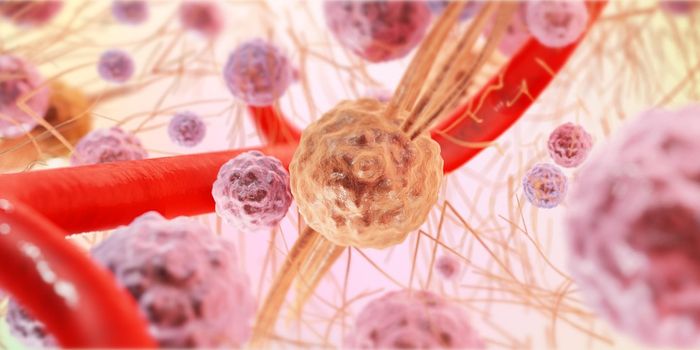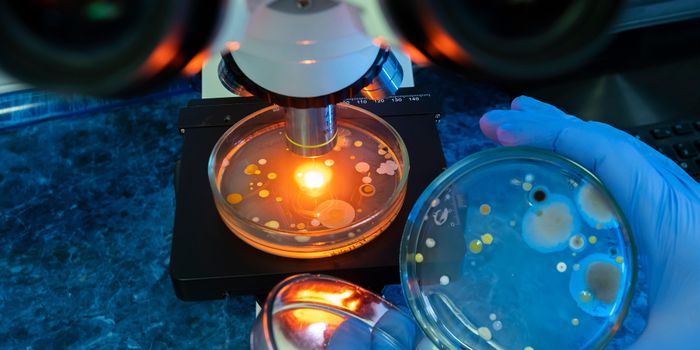The Easter Bunny's Diet Advice: Anti-Cancer Properties of Lettuce and Leafy Greens
Today, many people around the world celebrate the Easter holiday. While the Christian celebration commemorates the death and resurrection of Jesus, other, more secular practices have evolved around the springtime festivities. Decorating hardboiled eggs, eating chocolate-shaped chicks and bunnies, and searching for hidden baskets have become some activities closely associated with Easter.
Like Christmas has Santa Claus, Easter has its version, a gift-delivering character that visits children on Easter morning. For those who practice this tradition, the Easter Bunny arrives after children go to bed and hides eggs filled with treats or baskets full of chocolate, jelly beans, candy, and small gifts. On Easter morning, kids wake up and search for their baskets hidden behind couches, in ovens, or under beds.
In my many years of Catholic school, I never learned about the Biblical origin of the Easter Bunny. So, how did this bouncing, gift-yielding rabbit arrive in our modern traditions? The quick answer- we don’t really know! Historians suspect the Easter Bunny evolved from German traditions centering around an egg-laying hare that made their way to America in the 1700s. German children built nests around their homes so the “Osterhase” would lay colored eggs for them on Easter morning.
Some Easter basket recipients leave snacks for the Easter Bunny to ensure he has enough energy to visit all the children worldwide in one night. Last Easter, we discussed some literature about how the Easter Bunny’s carrot-rich diet could encompass some anti-cancer benefits. This year let’s focus on the health benefits of lettuce, another one of the Easter Bunny’s favorite treats.
Lettuce (Lactuca sativa), the leafy vegetable most commonly used to make salads, originally grew in the Mediterranean. Christopher Colombus brought the unique vegetable to America in the 1400s. While no direct evidence says that eating lettuce will prevent cancer, some studies suggest that nutrients in leafy greens have anti-cancer properties.
Lettuce is rich in antioxidants like carotenoids, a precursor to Vitamin A, and polyphenols. These compounds reduce growth in cancer cells and can lead to apoptosis of the cancer cells, a biological process of eliminating abnormal cells from the body.
One study examined the antioxidant activity of lettuce extracts biofortified with iodine. When applied to gastrointestinal cancer cells, the extracts induced the production of reactive oxygen species (ROS), unstable molecules that can cause cell death. This subsequently promoted apoptosis. Another study showed that, in a laboratory setting, extracts from iodine-rich lettuce prevented colon and gastric cancer cells from growing and promoted apoptosis.
While lettuce has many antioxidant properties, the color of the lettuce influences how these effects play out. Lettuce with more green leaves contains antioxidant components that act at a slow and intermediate speed, while the compounds in red leaf lettuce act at intermediate or fast speeds.
While we can’t say that eating lettuce will stop cancer, there are many health and nutritional benefits of the Easter Bunny’s favorite treat!
Sources: Biotech Agr Forest, CDC, Antioxidants, BBA, RSC Advances, Nutrients, J Agric Food Chem









